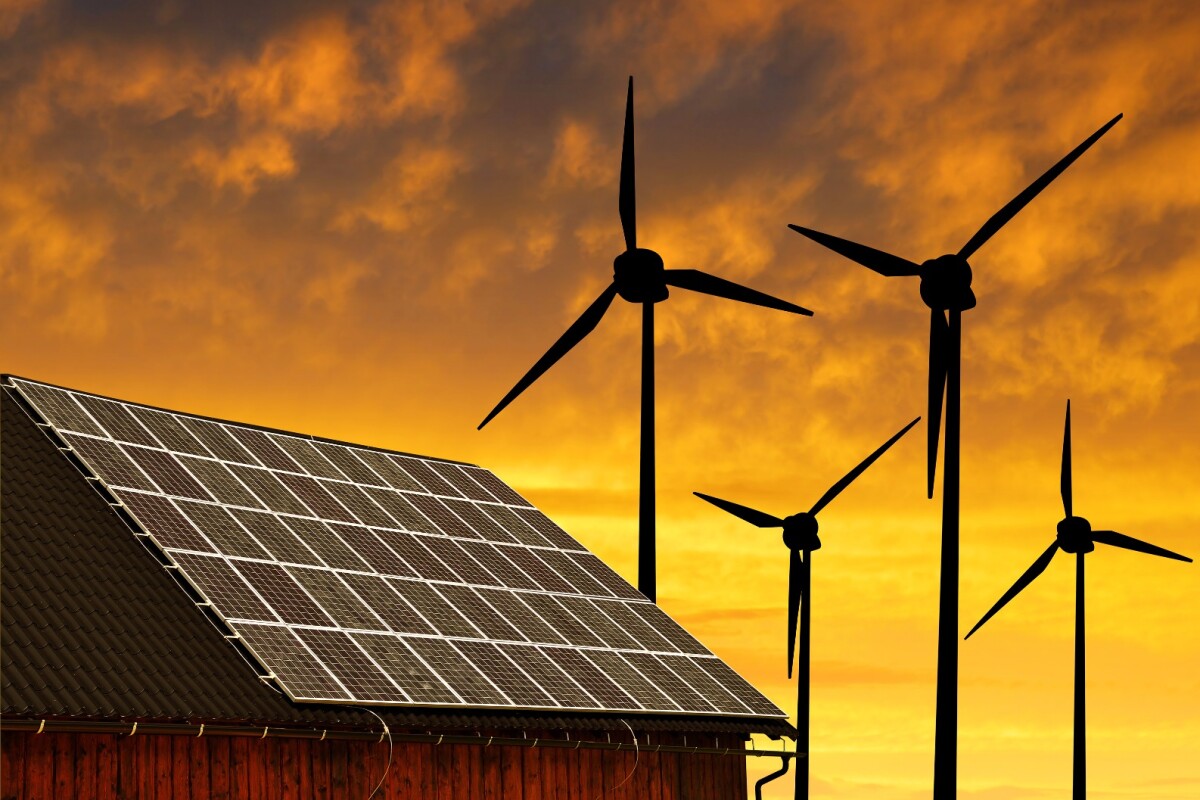Thanks to an increase in solar panels and wind turbines, as well as a particularly sunny and windy quarter, renewable energy has supplied a record 25 percent of the UK’s energy mix in Q2 2015, leapfrogging coal for the first time to come into second place behind gas fired electricity. It’s nearly a 10 percent increase on the same period last year.

Total renewable energy generation rose by 51.4 percent compared to Q2 2014, with solar jumping by 115 percent, wind rising 65.2 percent thanks to expanded offshore installations, and bioenergy improving by 26.2 percent, largely due to one unit at Drax power station switching from coal to woodchip burning. Since 2012, the share of renewable energy has been rising fairly consistently.

This strong result comes in the middle of a difficult year for renewables, with David Cameron’s conservative government totally ending subsidies for new on-shore wind farms, and slashing solar power support as well.
Still, the situation is not looking strong for coal producers, with Goldman Sachs releasing a research paper suggesting we may already have passed "peak coal." According to the paper, Goldman believes demand for coal peaked in 2013 and will only decline in the coming years. Its projected long-term price for coal is now US$50 per tonne, down from US$65 per tonne in previous projections.
Source: UK Energy Statistics, Q2 2015







